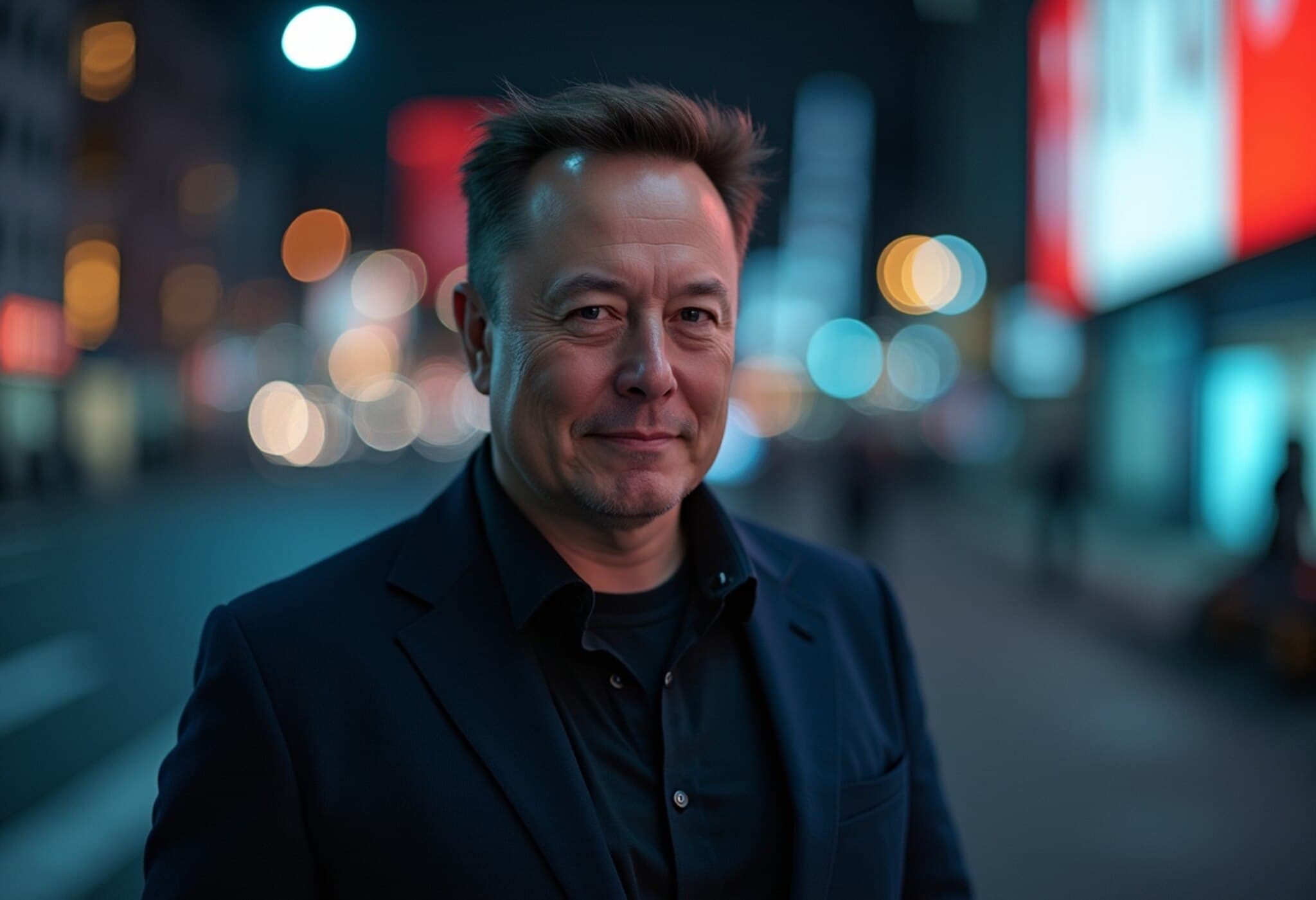Matt Deitke: The 24-Year-Old AI Visionary Who Commanded Meta’s Record-Breaking Pay
In the fiercely competitive world of artificial intelligence, talent is the true currency. Matt Deitke, a 24-year-old AI innovator, recently captured global headlines by turning down a staggering $125 million offer from Meta, only to spark CEO Mark Zuckerberg’s direct involvement—and a doubled offer of $250 million that ultimately brought Deitke into the fold. This unprecedented negotiation highlights the skyrocketing value assigned to groundbreaking AI minds as major technology companies race to define the future of machine intelligence.
From Academia to AI Trailblazer: Deitke’s Unconventional Journey
Deitke’s path upends the traditional academic trajectory. Beginning a PhD program in computer science at the University of Washington, he made a bold pivot—opting to leave academia to immerse himself in hands-on AI research. This decision, initially viewed as risky, propelled him to the forefront of the field.
His tenure at the Allen Institute for AI (AI2) was marked by his leadership in developing Molmo, a multimodal chatbot capable of understanding and reasoning across text, images, and audio. This advancement moved AI conversations beyond rote responses toward richer, more human-like interactions.
His contribution earned him the prestigious Outstanding Paper Award at NeurIPS 2022, cementing his status as an emerging thought leader in AI research. Such recognition from one of the world’s leading AI conferences put Deitke squarely on the radar of top tech giants vying for supremacy in artificial intelligence.
Meta’s Bold Bid: When Mark Zuckerberg Personally Dials Up Deitke
In 2024, reflecting the urgency of the AI arms race, Meta extended an unprecedented $125 million offer to Deitke to join its Superintelligence Lab. Surprising many, Deitke declined, prioritizing his autonomy and ongoing entrepreneurial projects.
Recognizing the immense value Deitke could add, Mark Zuckerberg took the rare step of meeting him in person. That pivotal conversation culminated in Meta doubling the offer to an astounding $250 million; part of it, approximately $100 million, was front-loaded in the first year—a testament to the premium placed on rare AI talent.
This high-stakes negotiation is emblematic of a shifting tech landscape where individual innovators hold unprecedented leverage, reshaping not just compensation norms but also strategic approaches to AI development.
Molmo and More: Pushing the Boundaries of Multimodal AI
Molmo’s innovation lies in its ability to seamlessly integrate and reason across multiple data types—text, visuals, and sound—enabling a smoother, more intuitive user experience. Unlike traditional chatbots tethered to text-only input, Molmo’s multimodal capabilities enable it to understand context at a near-human level. This is a critical leap toward truly intelligent conversational agents.
Molmo became a benchmark system, cited even by competitors like OpenAI, underlining Deitke’s influence across the AI research community.
Vercept: Revolutionizing Autonomous AI Agents
Beyond academia and big tech, Deitke co-founded Vercept in late 2023, a startup dedicated to creating AI agents capable of independently executing complex online tasks. These agents don’t just respond; they understand objectives, scour the internet, perform sequences of actions, and adapt dynamically—akin to real-world digital assistants.
Vercept swiftly gained investor confidence, securing $16.5 million in early funding with support from notable figures including former Google CEO Eric Schmidt. The startup represents the vanguard of AI autonomy and functional intelligence, spotlighting Deitke’s entrepreneurial vision alongside his research acumen.
The Bigger Picture: Why Deitke’s Choice Matters
Deitke’s saga underscores several evolving truths in the AI ecosystem:
- The fierce talent war: Tech giants like Meta are willing to invest hundreds of millions to attract pivotal minds that can drive transformative innovation.
- Autonomy as a currency: Top researchers increasingly weigh creative freedom and autonomy alongside compensation when choosing workplaces.
- The rise of multimodal AI: Systems blending multiple data inputs represent the next frontier in human-computer interaction, promising applications far beyond static text processing.
- Entrepreneurship and research synergy: Deitke’s dual role as a startup founder and AI researcher exemplifies the hybrid career paths shaping tomorrow’s technology breakthroughs.
Ultimately, Deitke’s journey reflects a larger shift in how AI talent engages with corporate powerhouses, signaling an era where individual innovators help steer the pace and direction of global technological progress.
Editor’s Note
Matt Deitke’s story is more than a headline-grabbing negotiation—it sheds light on the evolving dynamics between creativity, corporate ambition, and the future of AI. As American tech companies pour unprecedented capital into securing talent, the balance between innovation freedom and industrial scale development becomes ever more critical. Deitke’s decisions raise important questions for the AI community and policymakers alike: How can the tech ecosystem support both cutting-edge research autonomy and scalable application? What ethical guardrails must accompany this escalating race? And crucially, how will such investments translate into AI systems that benefit society at large?
Following Deitke’s career offers key insights into these questions, offering a lens into the rapidly unfolding world of artificial intelligence.
Reported by the TOI World Desk – committed to cutting-edge technology journalism and global insights.



















